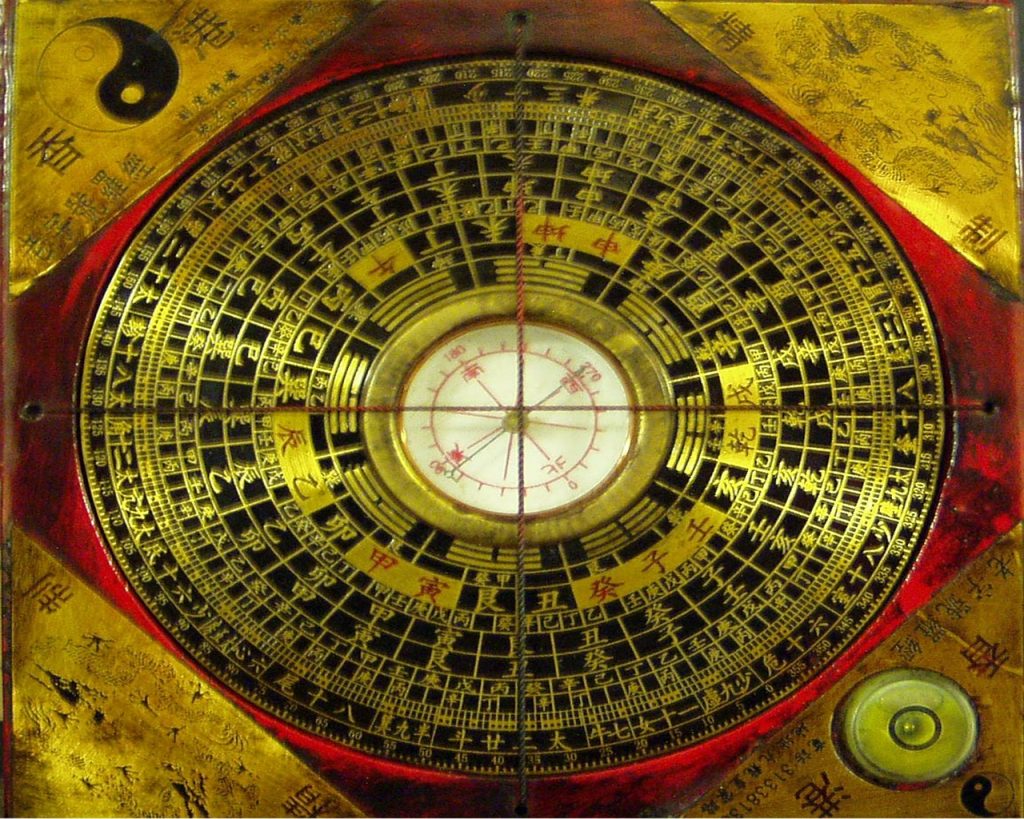My holistic and integral feng shui style: modern, integral, person-centred and evidence-based approach – in short, based feng shui
Quite often my potential clients ask me what kind of feng shui I do. Obviously, I’ve studied all kinds of feng shui schools, starting from classical feng shui which includes form and compass as well as other forms of feng shui including modern, intuitive, holistic and so on. I’m also a scientist, an environmental psychologist. My approach to feng shui style is very eclectic and contemporary as well as person-centred. When I work, I incorporate three feng shui schools of thought – classical feng shui, modern feng shui and virtual feng shui – plus environmental psychology. As well as drawing on his extensive experience working with top brands and corporations he also introduces elements from other fields in which he has extensive expertise: geopathic stress, electromagnetic radiation (EMR) /EMF pollution, space clearing, vastu shastra, dowsing, fractality/coherence and earth acupuncture. I have produced many innovative solutions and integral improvements in feng shui (and even in branding and logo design). I also work virtually, providing feng shui consultancy online.
Feng shui is the psychology of place
I am one of the very few feng shui consultants in the world with a Master’s degree in Environmental Psychology (from the University of Surrey) thereby combining the scientific rigour of the west to the ancient eastern art of feng shui. Most of my advice is evidence-based so you can trust and have confidence that it will work because it’s based on research. I also have an Ofqual recognised diploma in Practical Spirituality and Wellness (which is based on 3300 research papers on the benefits of spirituality). My holistic and integral approach to feng shui which works in many domains: environmental or physical, emotional, intellectual or psychological, social, cultural and virtual or spiritual.
I was a co-founder of the Feng Shui Society of Great Britain in 1993 and one of the first feng shui consultants in London, UK. At one point I was also the editor of the Feng Shui Journal for several years.
What is based feng shui?
In the urban dictionary, the term ‘based’ has several meanings. The first one that comes up in searches, is that ‘based’ means “not caring what other people think” and following a kind of positive psychology of being yourself and not letting others bring you down with their opinions. ‘Based’ can also have right-wing connotations. In the context of feng shui, ‘based’ means grounded, close to the ground, practical and firmly planted on two feet. It’s opposite of ‘pie in the sky’ bullshit. Unfortunately, in feng shui, especially in some types of feng shui thinking there is a lot of pie in the sky bullshit and I’ve been critical of this type of feng shui in my feng shui blog and generally in my teachings. And with ease of publishing on the web, there is a huge proliferation of such feng shui nonsense.
Based feng shui is a sensible, practical and evidence-based feng shui
It doesn’t mean that I don’t want to engage or participate with other schools of feng shui, classical or non-classical, their vocabulary and world-views but my feet are firmly planted in the ground. I strive to be very honest and realistic about what feng shui is, what it can do and what it can’t do. I see a lot of feng shui authors and consultants deluding themselves about what feng shui really does. I’m happy to collaborate with others who represent different views on feng shui within my broad feng shui ethics.
My thinking behind based feng shui is a radical empirical ‘basedness’ that makes possible true freedom and creativity gained from fidelity to reality and how reality can be changed. I’m very interested in new thinking and research that can explain further how feng shui works and how we can use environmental factors to enhance our wellness, personally and professionally.
Based feng shui suggests that everything begins in the middle
In my feng shui work, over the years, I’ve noticed how people are stopping themselves from achieving things or doing things or becoming who they want to become because of the way they think – in certain, limited and mechanistic ways. For example, some people think that before they can do something, they have to do XYZ. Based feng shui suggests that everything begins in the middle. You already live somewhere or have a workplace. You’re already in the middle of something, even if it is just life. The classical feng shui put it simply: you’re in the middle already – between heaven and earth and you have your human luck by simply being.
A lot of great projects, desires and wants don’t get off the ground because people think in conditional and sequential ways and actually end up doing nothing. A good example of a ‘twisted, false-problem giving feng shui’ is that one needs to do certain things according to astrological and prescriptive formula. People who follow that sort of limited and uncreative thinking – they imagine that they can only get what they want if they follow some esoteric rituals.
What you can do, or dream you can, begin it,
Boldness has genius, power, and magic in it,
Only engage, and then the mind grows heated —
Begin it, and the work will be completed!
Goethe
Based feng shui is a physical affirmation
Based feng shui says you can do something now, right now to enhance your life. Even if it’s just tiding up or getting rid of clutter or cleaning the windows. Or rearranging your existing furniture. Or just writing down a list of the first steps to get you closer to manifesting your dream or goal. Based feng shui states you can use anything laying at hand, whatever is lying around in your home or workplace and spin something up, make the value of it – it’s not going to be perfect but it doesn’t matter – just start in the middle and let it grow, in all possible directions (don’t overthink it).
One of my clients didn’t have money to buy a crystal for his office window, so he hanged up a chewing gum’s silver paper to create some sparkle and anchor his new project and that worked for him and primed him to be very successful. Obviously, later he replaced it with a beautiful prismatic crystal. Unfortunately, some people still think that if they don’t do it the ‘right’ way, feng shui is not going to work. And in that way, they’re stopping themselves from achieving things, based on this destructive inertia or failure mode.
Based feng shui characteristics
The moral, ethical and critical reading of some dogmatic, managerial types of feng shui is that they imagine only one way of explaining how things work which I think is not possible or desirable. There are many types of feng shui. Horses for course. Virginia Satir observed, “There are more than 250 different ways to wash dishes, depending upon who is washing and the ingredients used.” There are many truths. There is no one truth in the universe that is expanding and growing. Based feng shui is an open-source feng shui which allows for many interpretations of environmental relationships that humans experience on a daily bases. Key characteristics of based feng shui are that allows your relationship to your home and workplace to be inclusive, non-reactive, calm, joyous, creative, person-centred, liberated and liberating as well as practical and useful without being dogmatic or too prescriptive.

Chinese compass school predictions
Predictions for your future
Classical feng shui with its astrological prediction might be seductive because it offers simple scenarios for your life. Unfortunately, life is more complex than that. According to probability theory, there are many life paths for you depending on the choices you make. It seems that nothing or almost nothing is set in stone. When it comes to designing and creating your life and your future, it’s more empowering to relay on your mind, your common sense, instinct, intuition and gut feelings as opposed to fixed mindsets or maps that may or may not be true. When you want to navigate through life, use maps that are appropriate for your life. You wouldn’t use a map of China when travelling in the UK, would you? Having said that, based feng shui accepts coexisting and equally valid patterns of life which humans all over the world have created. Based feng shui suggests understanding a particular society’s beliefs and values in the context of its own culture.
“As we know, there are known knowns; there are things we know we know. We also know there are known unknowns; that is to say we know there are some things we do not know. But there are also unknown unknowns—the ones we don’t know we don’t know. “ Donald Rumsfeld , United States Secretary of Defense
I follow the most research in neuroscience and psychology to help me make informed decisions as opposed to decisions based on unconscious bias or superstition. By superstition, I mean culture-specific beliefs and understandings embedded in a particular time, place and context which are not necessarily universal.

